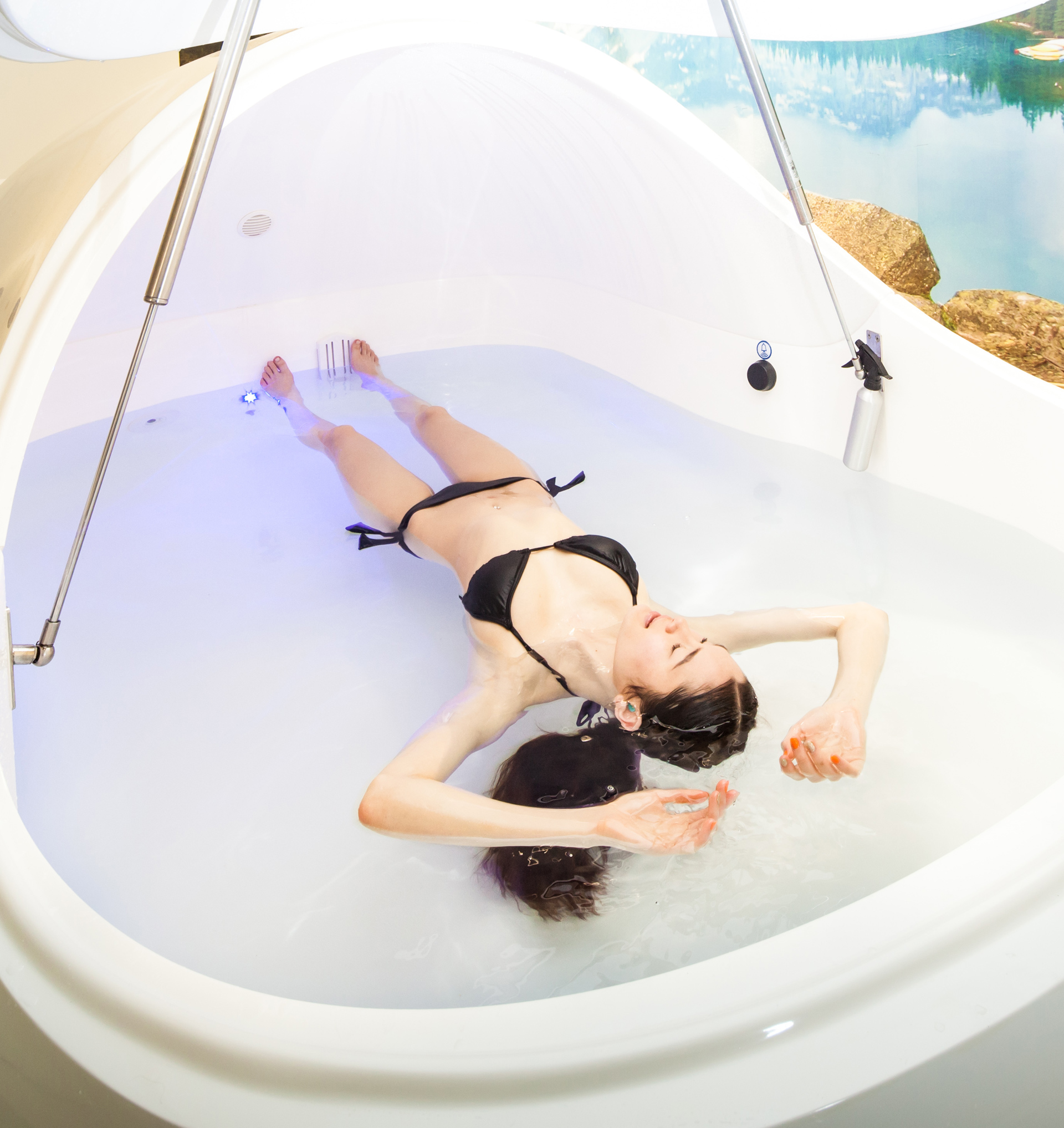From juicing and detox teas, to hot yoga – there’s no health and well-being trend the modern woman won’t try.
Enter sensory deprivation pods or “float tanks”.
They’ve had a recent surge of popularity as fans of the activity claim it reduces stress, lowers blood pressure, eases chronic pain and improves relaxation.
Woman’s Day sat down with Anton Kuznetsov, Director of Auckland-based Float Culture to discuss the benefits of incorporating regular floating into your routine, and what to expect from the experience.
What are the benefits of floating?
Anton: A floatation tank also helps your brain slow down and re-synchronize. Slipping into the theta state is a form of deep meditation that brings calm and relaxation to your mind and body, while at the same time stimulating a flood of endorphin’s.
Floatation is ideal for reducing stress in those who have already succumbed to chronic stress, as well as a preventative measure for those whose levels are increasing.
Floatation is also really effective for easing chronic pain – including arthritis, headaches, back and neck pain and sore muscles.
It’s also great for pregnant women – by taking the weight of the baby off their feet and spine.The gravity free salt solution takes the weight off the spinal column and improves blood flow for higher levels of rest and recuperation.
Floating also has physical benefits, as floating in Epsom Salts makes your skin softer and smoother, while drawing toxins such as lactic acid away from your body.
It’s perfect for athletes as floatation accelerates healing and recovery from injuries and improves circulation.

What can someone expect from their first time floating?
Anton: In a dark, quiet environment, you will be floating in very buoyant water, heated to skin temperature. You will have the feeling of floating weightlessly in space.
Your experience will depend on your state of mind and your expectations.
Reactions have ranged from euphoria to boredom; the most common response is deep relaxation. Knowing what to expect physically will make your experience a truly satisfying one.
Generally much of the first float is spent getting used to this new environment. It is a good idea to familiarise yourself with the surroundings right away.
You will be aware initially of your breathing and your heartbeat. This is a good sign! In the absence of external stimulation, this awareness will actually help you to relax.
During the relaxation process, you may be aware of the areas of your body that hold more tension and resist relaxation. Old injuries are often cushioned by the body’s tightening of the surrounding muscles.
Often the back of the neck is an area of some special tension. Let your head fall back a little and your neck will relax. Don’t worry about your head. It will not sink. You may want to experiment with different arm positions to help you relax. There are several – at your sides, straight up over your head, or behind your neck.
How should I feel after my float?
Anton: Resting after your first float you will be feeling anything from “the same as normal” to “absolutely wonderful”, everybody is different.
The majority of floaters however feel some degree of relaxation and sleepiness.
By the second or third float you will feel deeply relaxed and fresh, with a clear focused mind.
You will become aware of positive changes such as increased happiness and improved sleeping. Also look for more subtle but important changes such as feeling more agreeable, calmer and less bothered by minor irritations.
Occasionally you may feel an incredible energy or feel really happy, high and euphoric or feel like laughing. These feelings are caused by an extra dose of endorphins which, together with other physically and psychologically uplifting bio-chemicals, are normally released into the blood as part of the relaxation response.
The general rule of thumb is the more floats you have the better you feel.

How often should we be floating?
Anton: As often as possible. Floating is similar to exercising, it depends what you want to achieve. The key is consistency.
We have clients who float weekly, others twice a month, some just once per month. For the best results it should become part of your regular routine.




